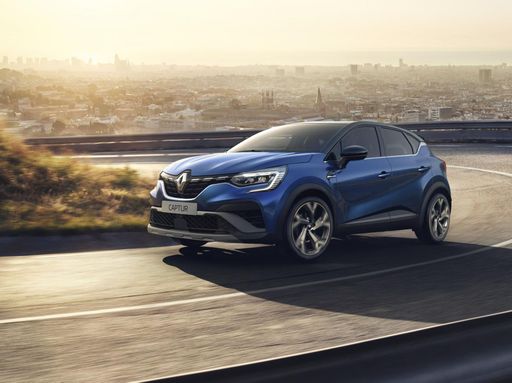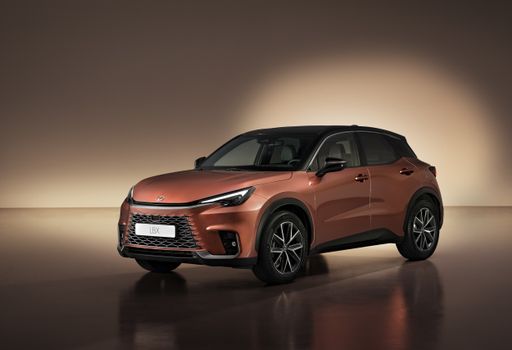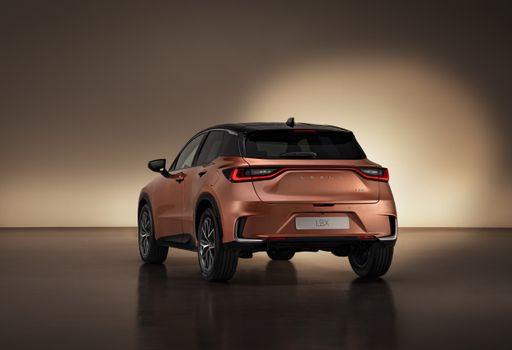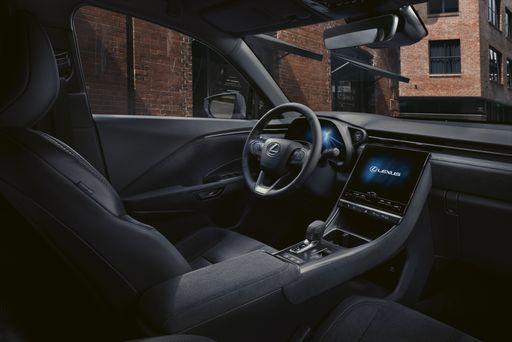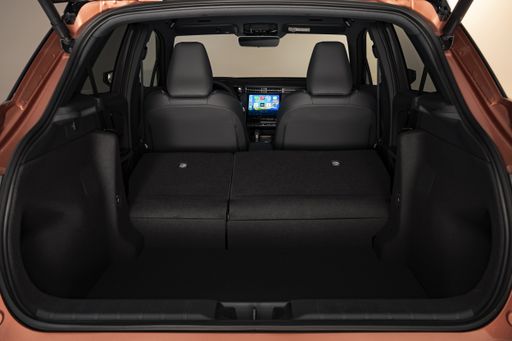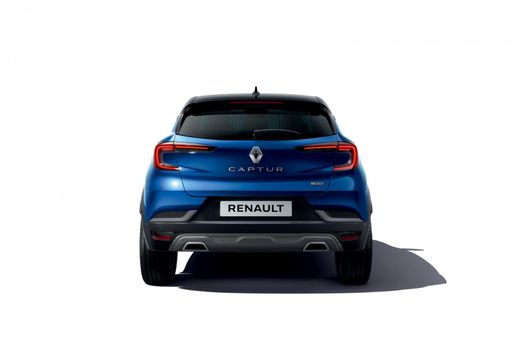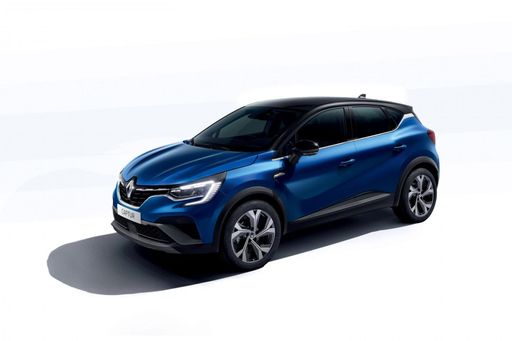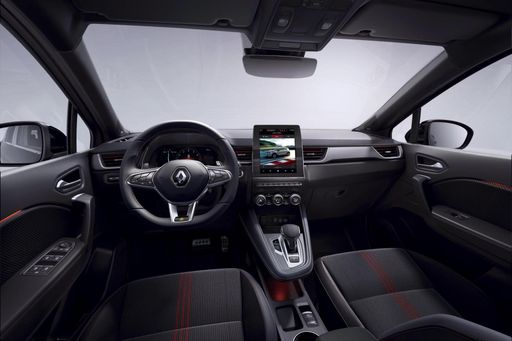Head to Head: Lexus LBX vs. Renault Captur
The compact SUV market continues to expand, and two models stand out with their blend of modern design and technical prowess: the Lexus LBX and the Renault Captur. Both SUVs from the 2024 model year offer unique strengths and cater to different driver preferences. Let’s dive into their technical aspects and see which one might be the perfect fit for you.

